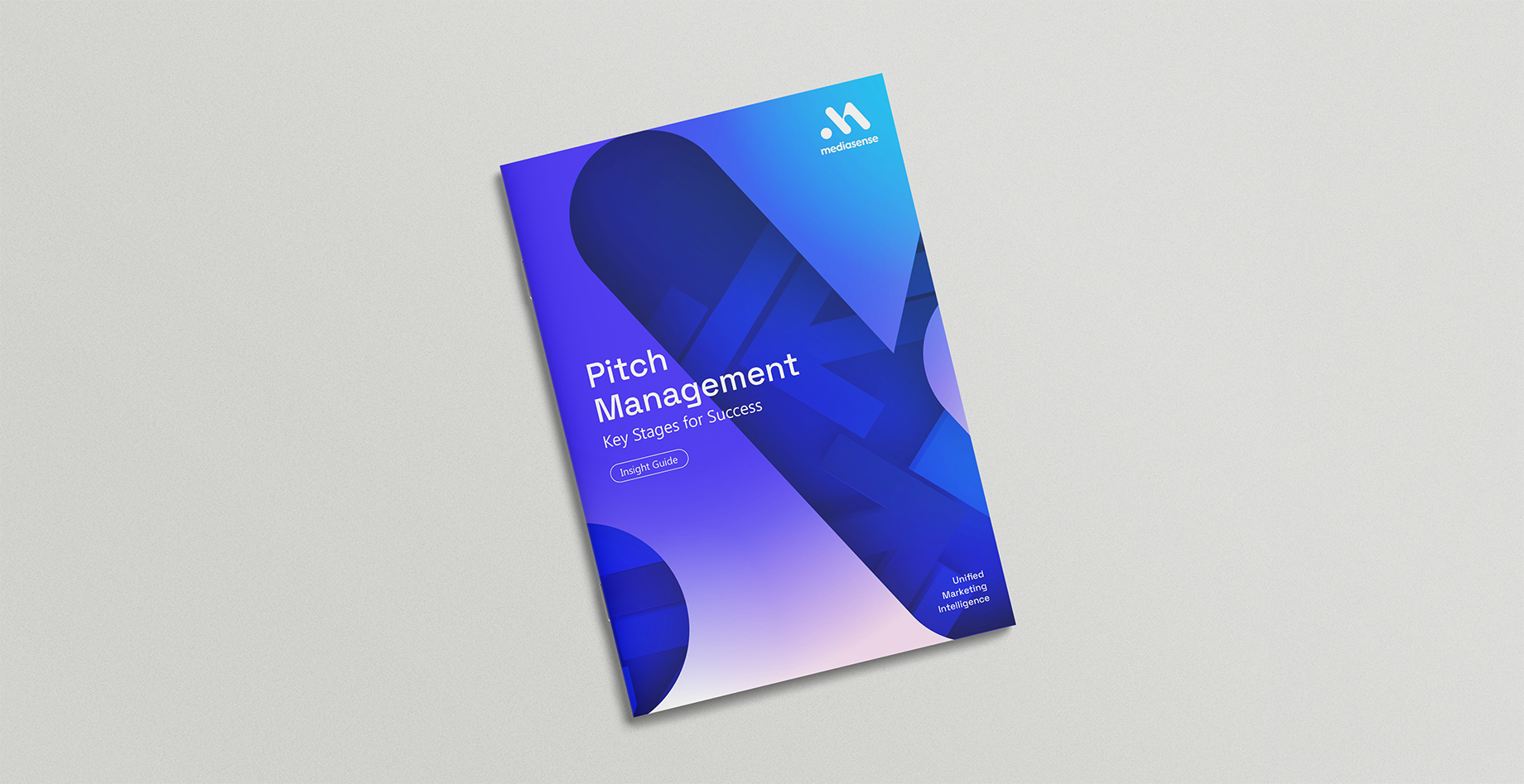Pitch Management – Key Stages for Success
mediasense’s pitch management guide outlines key stages - planning, alignment, RFPs, and collaboration - to help advertisers run effective pitches and build stronger agency partnerships.

mediasense’s latest guide outlines the essential stages for managing a successful media pitch. Designed to help advertisers plan and execute with clarity, it covers everything from initial alignment to final selection.
Key Takeaways:
- Early planning sets the foundation: Defining the operating model upfront aligns expectations.
- Alignment strengthens outcomes: Clear success criteria unite all stakeholders.
- Preparation reduces friction: Detailed timelines with roles and responsibilities keep processes on track.
- Transparency builds trust: Comprehensive RFPs with clear terms empower agencies.
- Collaboration fosters stronger partnerships: Workshops and consultations drive better engagement.
Media pitches are complex, high-stakes processes that require meticulous planning and coordination. The mediasense guide emphasizes the importance of defining your external operating model upfront, ensuring that participating agencies understand the service expectations and can tailor their proposals accordingly.
Aligning all stakeholders on what constitutes success is crucial. This alignment helps manage differing expectations and ensures that the pitch process remains focused and effective.
Preparation is key to a successful pitch. Creating a comprehensive timeline, assigning roles, and identifying areas where flexibility may be needed can prevent potential pitfalls.
Throughout the RFP stage, providing agencies with detailed information and clear terms and conditions fosters a transparent and efficient process.
Finally, active collaboration with agencies through workshops and consultations allows for a deeper understanding of each agency’s capabilities, setting the stage for a successful partnership.
Report Highlights:
Operating Model
- Define and communicate your desired external operating model to agencies.
Stakeholder Alignment
- Ensure all stakeholders agree on success criteria and objectives.
Preparation
- Develop a detailed timeline with assigned roles and responsibilities.
RFP Stage
- Provide comprehensive information and clear terms to agencies.
Collaboration
- Engage with agencies through workshops and consultations to foster strong partnerships.
Download your copy below:
Up next
In-Housing AI
A joint study from mediasense and the WFA reveals how gen AI is reshaping the in-house creative function, offering both promise and complexity.
The Future of the Media Organisation
Research from mediasense and the WFA reveals how leading brands are reimagining the role, structure and capabilities of their media teams - and where critical gaps still hold them back.
Marketing Measurement: Navigating the Path to Measurement Maturity
This guide offers a clear, structured approach to evolve marketing measurement, build maturity, and unlock smarter, more impactful decision-making – with an APAC companion piece for regional insights.